Are Fruit and Vegetable Supplements Good For You?
Fruit and vegetable supplements are powders, pills or capsules of blended fruits and vegetables. Typically the supplement is made from drying the fruit and veggie and blending them together into a powder. The powder is sometimes then put into a capsule and ready to be consumed.
The best type of fruit and vegetable supplement is a natural product full of 100% fruit and vegetables with no additives. Some supplements include fillers or other products to keep the product from clumping. The drying process is also an important aspect of the supplement. Some nutrients will be lost as the food is dried and so a drying process that keeps the nutrients in tack is better for the quality of that supplement. Freeze drying is usually the best technique. Also to consider is the time from when the fruit or vegetable is harvested to when it is dried. Fruit and vegetable supplements have a wide range of quality depending on the ingredients and creation process.
Do Fruit and Vegetable Supplements work?
If a supplement contains real fruit and vegetables then yes it will work. However, to what amount of benefits it provides varies based on the product itself. There are a lot of supplements on the market, many seem too good to be true, and many probably are. But there are some that may work very well for you. The key is what is inside. Artificial ingredients vs whole food. Many supplements contain a percentage of additives, fillers and vitamins that don’t provide the nutritional benefit that whole foods do. A supplement without any additives and is only made of natural fruit and vegetables will provide you with nutrients and healthy benefits.
Supplements vs Real Fruit and Vegetables
For those struggling to eat enough daily servings of fruit and vegetables, an option may be to take fruit and vegetable supplements. These are not meant to replace eating fruits and vegetables but as a supplement, hence the word supplement.
Taking supplements like these is no substitute for eating whole fruits and vegetables but it can be an excellent way to get the nutritional benefits of real fruits and veggies. The process of making the supplement is one of the keys to comparing the supplement to the actual food. Does the drying process reduce a large percentage of the nutrients? How quickly is the food dried after it is harvested? In the best situation the fruit and veggies are freeze dried at the farm within hours of harvesting. If your produce is being shipped elsewhere and dried by some other means you are losing a lot of the nutritional value. In the best case many of the nutrients will be saved but the process will always lose out a small percentage of the nutrients. Are supplements better than real food? No. But at times it can be pretty close. Find out how your supplements are processed.
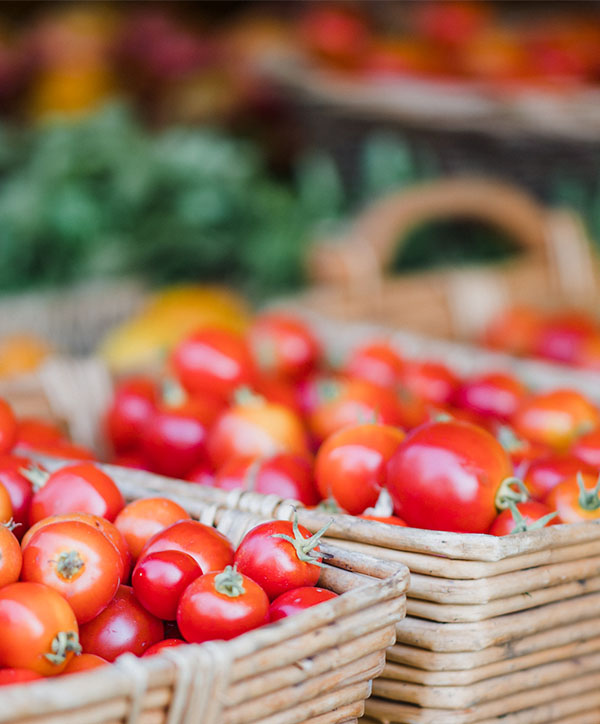
Who Should Take Fruit and Vegetable Supplements?
Many people take multiple medications to help control blood pressure, diabetes, cholesterol and other chronic diseases. Adding fruits and vegetables to your diet may help you possibly reduce the amount of medication needed or help it work better. Fruits and vegetables contain vitamins, minerals, fiber, antioxidants, phytochemicals other nutrients that work together to provide you healthy benefits and cannot be replicated with artificial supplements.
These benefits can help you maintain a healthy heart, help memory function, and vision health all while lowering your risk for some forms of cancer. And including at least five cups per day in your meals or snacks can help to control your weight by filling up on healthy calories. Fruit and vegetable supplements can provide those extra needed nutrients in many cases.
If you are generally healthy and your diet is full of a wide variety of whole foods like fruit and vegetables you may not need to take dietary supplements. But supplements — or fortified foods — might be appropriate in some situations.
Talk to your health care provider about which supplements and what doses might be appropriate for you. Be sure to ask about possible side effects and interactions with any medications you take.
What Fruit and Vegetable Supplements are Good for You?
The Dietary Guidelines for Americans states that your nutritional requirements should be provided by your daily diet. The guidelines go on to say that for some people, supplements may be a useful method to provide the nutrients that the person’s diet might otherwise lack.
Eating fruit and vegetables is the best. Dried, frozen, and blended produce also provide you nutrients. Smoothies are good too. If you put the whole fruit in the blender, it’s much better than drinking fruit juice. Supplements that contain dried produce still provide you with many benefits and nutrients. Still, eating the whole fruit is best.
Supplements can used to provide support to your diet. But before you shop for supplements, get the facts on what they will and won’t do for you. Ideally you are looking for supplements that are real fruit and vegetables in a capsule. When it is made of whole food then yes, it is good for you.
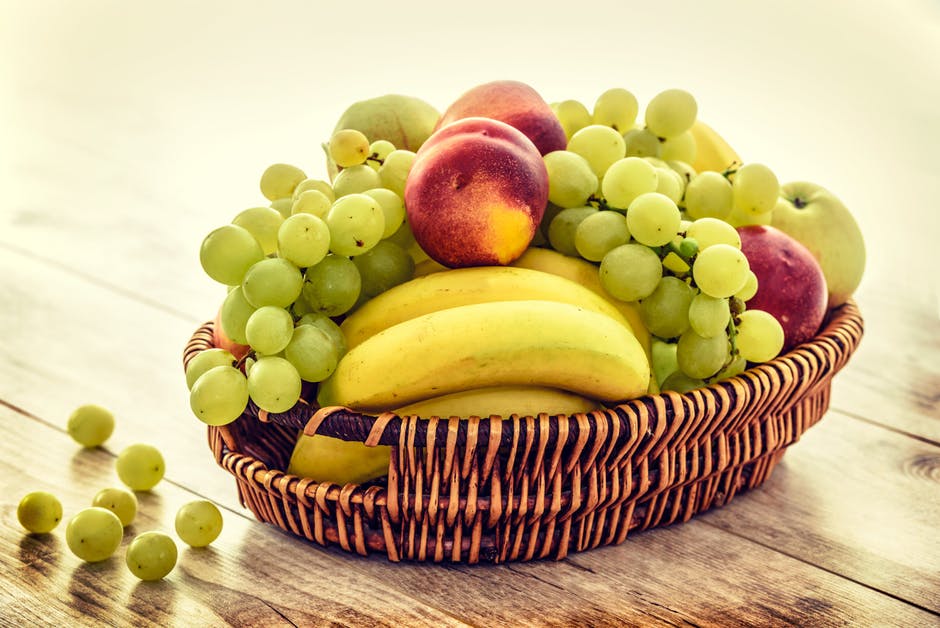
Which Fruit and Vegetable Supplement is Best?
There are a lot of supplements on the market. There are fewer fruit and vegetable supplements, but still which one should you chose? That decision can only be made by you. The best fruit and vegetable supplement should be as close to eating actual fruit and vegetables as possible. As you are making your decision consider the product ingredients, quality of produce, manufacturing process, drying process, packaging, price, and ordering process. Do your research and make the best decisions possible.
Are Fruit and Vegetable Supplements a Scam?
Most fruit and vegetable supplements are excellent for you, provide needed nutrients, and are made of real whole foods. Are some fruit and vegetable supplements a scam? They can be. Just because a supplement is sold in the marketplace doesn’t make it safe or effective. While there are many that are very good products there are some supplements that are not all they claim to be.
The Food and Drug Administration (FDA) keeps a list of dietary supplements that are under review, have used false advertising, or that have been reported to cause adverse effects. Some of the issues come from the claims of the supplement companies. Super outlandish claims may be a signal that that supplement might be a scam. Keep in mind that the FDA does not regulate or evaluate the vitamin and supplement content or claims to the same degree as it does prescription medications. It is a good idea to check the FDA website periodically for updates on supplements especially if you are taking a supplement.
If you decide to take a supplement or vitamin, it’s important to:
- Talk to your doctor. Ask about supplements before taking anything more than a basic multivitamin. Your healthcare professional can help you find the right balance between your diet and the nutrients you need. Some supplements can cause harmful effects if taken in certain combinations, with certain prescription medications or before surgery or other medical procedures.
- Know what you are taking. Check the label. Product labels can tell you what the ingredients are, which nutrients are included, the serving size and the amount of nutrients in each serving.
- Avoid mega doses. Taking more than the recommended daily values can increase your risk of side effects. Children are especially vulnerable to overdoses of vitamins and minerals.
- Keep up with supplement safety alerts. Although the benefits of some dietary supplements have been documented, the claims of others are unproven. Some supplements have little evidence to back their claims. Get up to date warnings from the FDA.
- Understand the manufacturer’s ordering process. Taking supplements is an ongoing process and you will need regular product. To help with this some manufacturers have created a membership where you will get product charged and sent to you monthly or regularly. Often times this memberships comes with discounts to make it worthwhile to you. You need to be aware if you are on a subscription or membership model so you know when you will be charged and sent more product. A good company will not charge you fees to delay a delivery or to cancel your membership. You should be free to choose how much and when you get the supplement.
Do your research before taking a dietary supplement. Avoid supplement scams by being proactive and smart. There are no magic pills. However, there are many legitimate supplements and the bad ones give the industry a bad reputation at times. Try to stay with supplements that don’t have artificial ingredients or any fillers. Whole fruit and vegetables provide nutrition – that is proven. Find a supplement as close to this as possible.
Are All Fruit and Vegetable Supplements the Same?
Fruit and vegetable supplements can provide many of the benefits of whole food but it will vary by product. Most are similar in content but they are not the same. A big difference is especially in the process of making the supplement. Freeze drying can keep many of the nutrients in tack and other processes may lose many of the nutritional benefits. The process the supplement is made is a crucial step in knowing how healthy the supplement is. Another difference is the packaging and whether the supplement is in a capsule, pill, or powder form. Each has it’s benefits and drawbacks. Capsules may not be the favorite of many consumers, but be careful because often times if the product is not in a capsule it will need to include fillers to make the powder not clump up as natural blended dried produce will do.
Supplements vs Whole Food
Supplements aren’t intended to be a substitute for whole food. They can’t replicate all of the nutrients and benefits of whole foods like fruits and vegetables. Whole foods provide more benefits than dietary supplements. They provide greater nutrition, antioxidants, fiber and micronutrients that your body needs. In one area that supplements provide great value is if you are lacking in certain areas in your diet. Many supplements have a wide variety of fruits and vegetables. You probably stick to the same handful of whole foods that you like to eat. This is where a supplement can be useful. The variety of ingredients in the fruit and veggie supplements can give your diet an additional boost you may otherwise be lacking.
Whole foods, like whole grains, fruits, vegetables and legumes, provide dietary fiber. As part of a healthy diet, fiber can help prevent certain diseases, such as type 2 diabetes and heart disease, and it can also help manage constipation. Some supplements can replicate this. Natural supplements that are made of whole food will not be better than whole food but will be the closest.
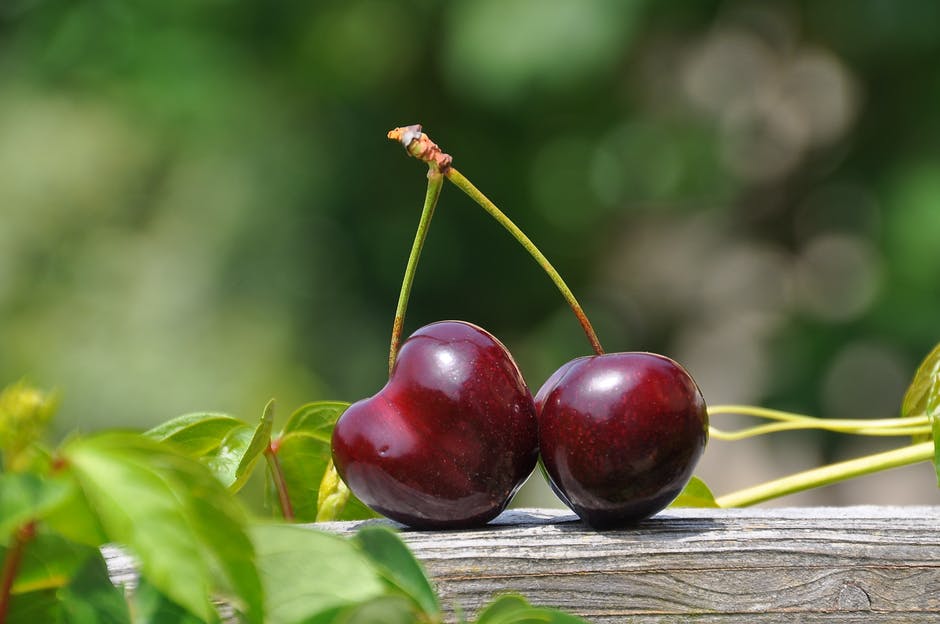
Are Fruit and Vegetable Supplements Good for Someone with Diabetes?
The short answer is YES! The best answer is that someone with diabetes will benefit from more fruit and vegetables in their diet. If you have diabetes you know that checking your blood sugar levels regularly and eating right are vital to your health. Weight control will also help keep your diabetes in check. But eating fruits and veggies may help with your diabetes too. Adding a variety of fruits and vegetables to your daily meal plan increases fiber, which can help to maintain healthy blood sugar levels. Fruits and veggies are low in calories and help satisfy hunger which can help with weight control. Diabetics can benefit from taking a natural fruit and vegetable supplement that is made from real fruit and veggies. But it’s always best to consult with your doctor before making a decision.
Are Fruit and Vegetable Supplements Okay to Eat if I’m Vegan?
Yes, most are okay to take if you are
What are Phytonutrients?
Phytonutrients is a broad term for a wide variety of compounds produced by plants. Phytonutrients are found in fruits, vegetables, beans, grains, and other plants. We are only now starting to understand phytonutrients and the role they play. Some researchers estimate there are up to 4,000 phytonutrients but scientists have only been able
What Fruits and Vegetables are Included?
Each product is different. Some supplements have the fruit and veggies combined into one blend. Others have them separate where the fruits
Of course, fruits have their own entire food group. There are hundreds of different fruits found in nature and their nutrient compositions can vary greatly. Fruits and vegetables are rich in vitamins and minerals but certain fruits or veggies provide different nutrients. For example, colorful veggies contain potassium to assist with lowering your blood pressure. Fruits with more skin are usually richer in nutrients. The skin of fruits is usually very rich in antioxidants and fiber. This is why berries are often considered healthier than larger fruits because they have greater amounts of skin. It is also a good idea to change up your diet and eat a variety of fruits to different nutrients. So try a variety of fruits and vegetables to gain all their benefits in staying healthy.
Getting a variety of fruits and vegetables is one of the benefits of these supplements. Your diet probably only includes a few kinds of fruit or vegetables because they are local to you or mostly because you like them. Fruit and vegetable supplements can give you that variety you need without the need to shop for the different kinds of produce on your own
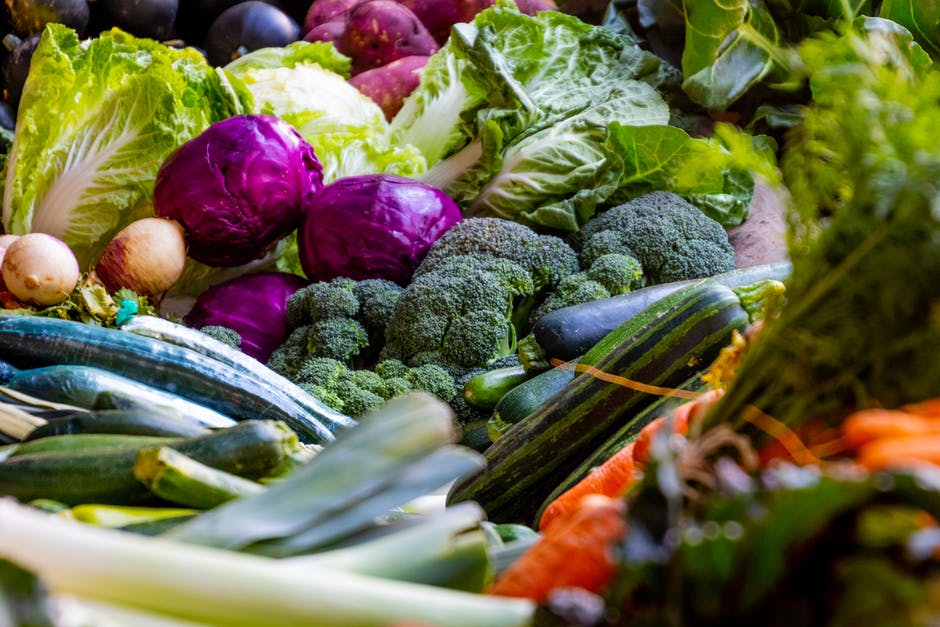
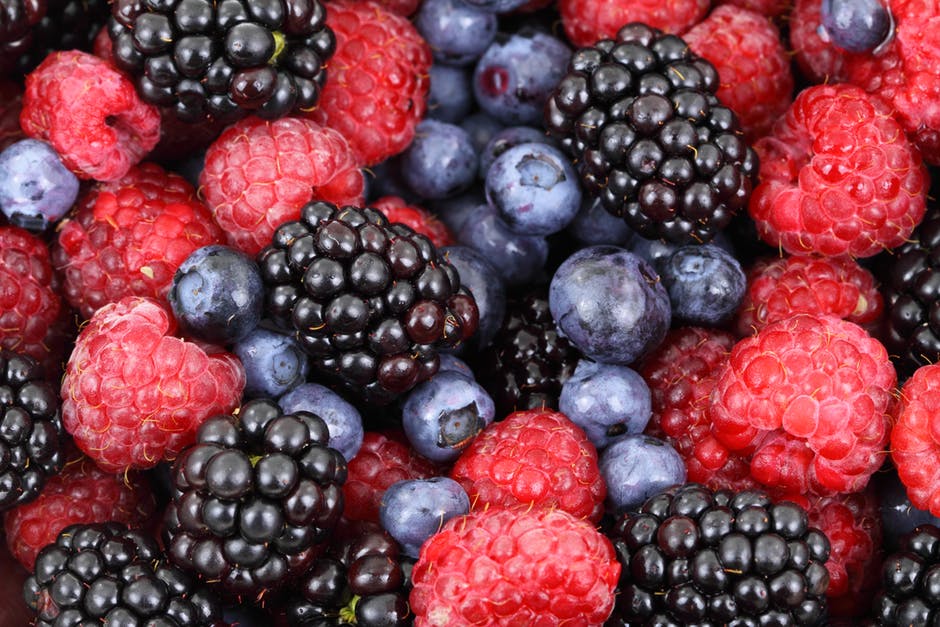
Fruit and Vegetable Supplement Reviews
Reviewing online reviews for each supplement is a great way to see some positive and negative experiences customers have had. We read as many of the reviews as possible but we also like to do our research and examine the products to come up with our list of the top 10 fruit and vegetable supplements.
We have sampled, tested and reviewed a number of fruit and vegetable supplements and give our independent analysis for each product. We take into consideration the ingredients, quality of the product, price, and health benefits. Our reviews are our opinion only.
